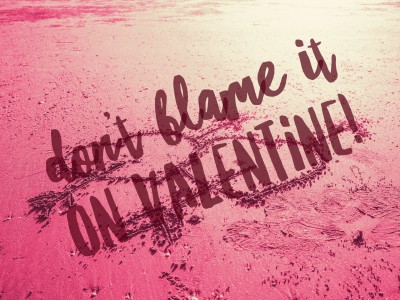Beyond Romance
https://savethemarriage.com/stmblog/wp-content/themes/corpus/images/empty/thumbnail.jpg 150 150 Lee H. Baucom, Ph.D. Lee H. Baucom, Ph.D. https://secure.gravatar.com/avatar/669b7e375d93f77521ddaba08adb8063?s=96&d=blank&r=pg For lots of people, this past Monday could not pass fast enough. I heard from a number of people with struggling marriages that told me Valentine’s Day was just one more hurdle. Not a celebration of love, but a moment of further resentment and pain.
For lots of people, this past Monday could not pass fast enough. I heard from a number of people with struggling marriages that told me Valentine’s Day was just one more hurdle. Not a celebration of love, but a moment of further resentment and pain.
Does romance just die with “I do”? Some people seem to think so. For others, the waning romantic feelings are one more proof that the marriage is dead, that the love is gone.
How did we go to using just the romantic feelings as the basis for love? When did this become proof that something was wrong?
And why do we seem to believe that the romantic feelings are either there… or they aren’t?
Somehow, this has become twisted, that romantic feelings lead to love, rather than the romantic feelings flowing from connection AND action.
When we disconnect, it shouldn’t be a surprise that those warm, romantic feelings also suffer. And then, somehow, many people fail to see that the connection and love flows from loving action.
So, can it be turned around?
In this episode of the Save The Marriage Podcast, I tell you the 3 barriers to those romantic feelings. And I give 4 ways to start rebuilding back toward romance.
Listen below.
RELATED RESOURCES:
Importance of Connection
Acting on Love
Being on the Same Team
Rebuilding the Connection
Grab the Save The Marriage System
Find the Husband Bootcamp
Check out my Books
Podcast: Play in new window | Download
Subscribe: RSS

